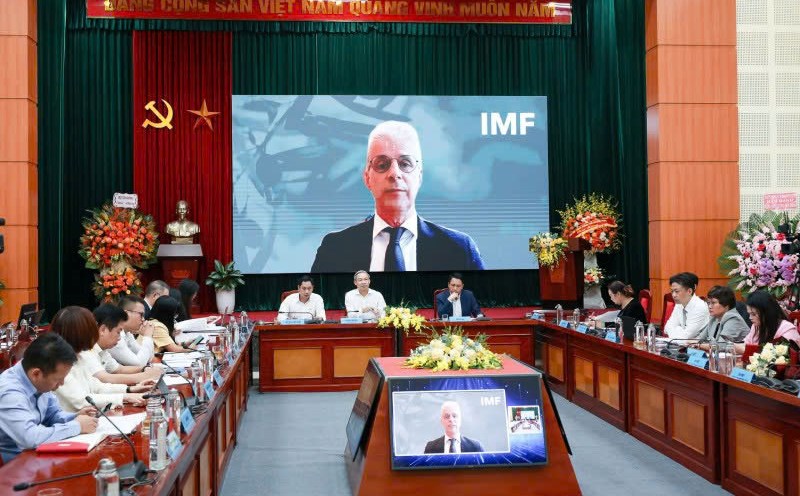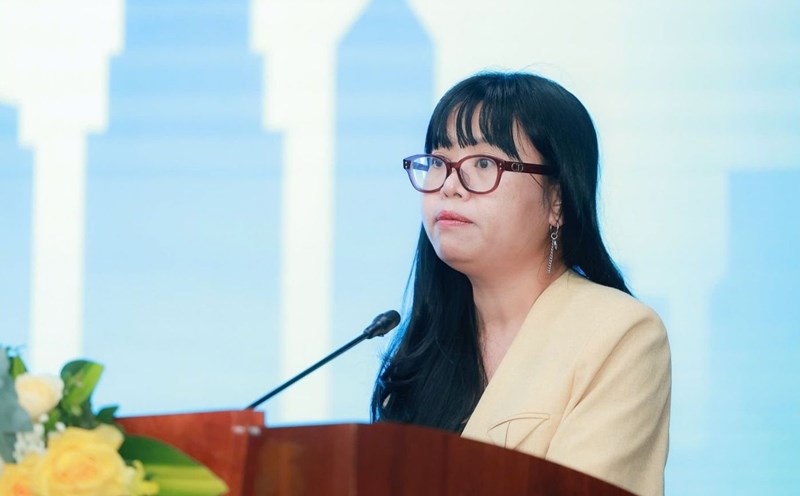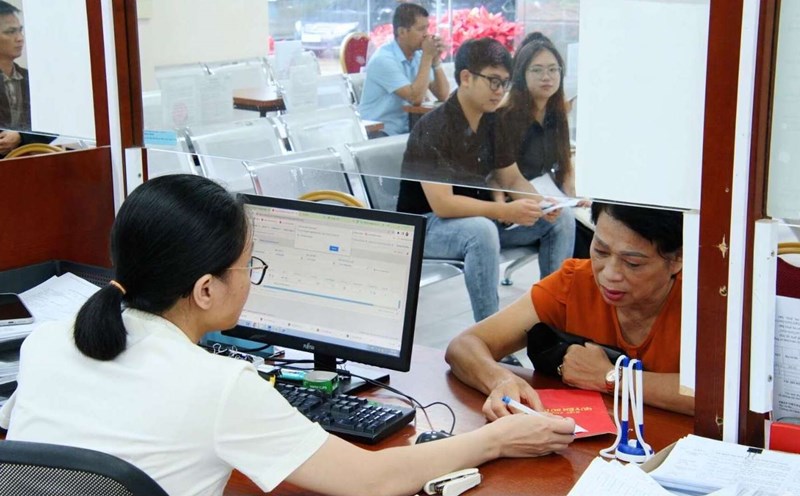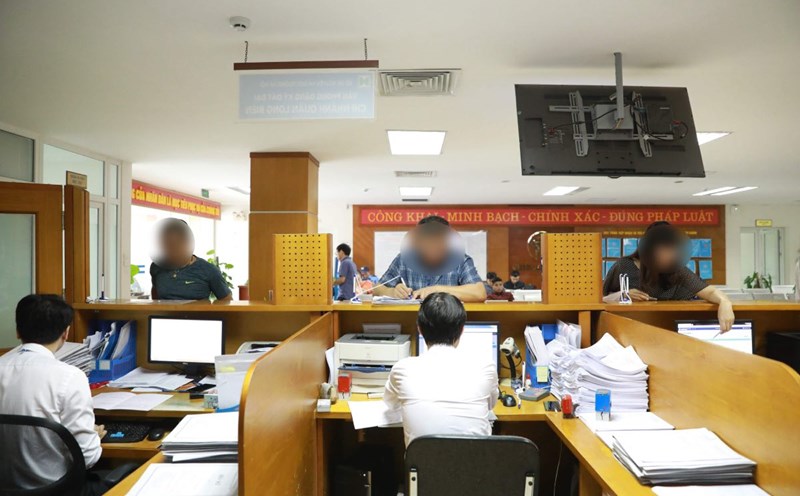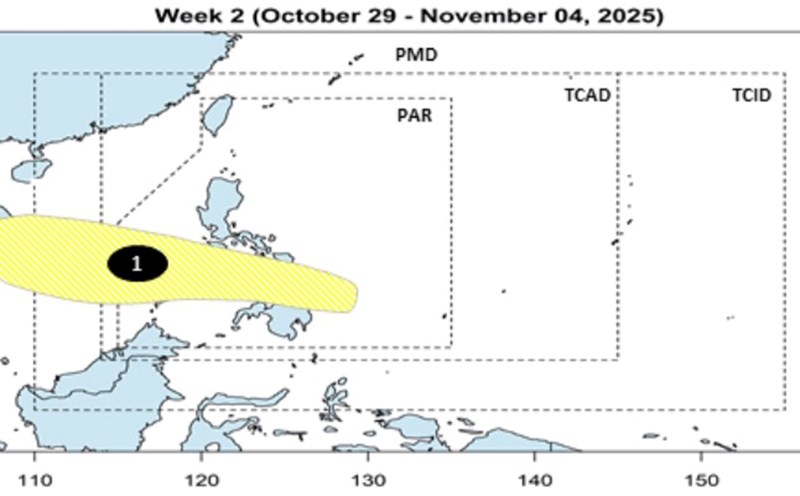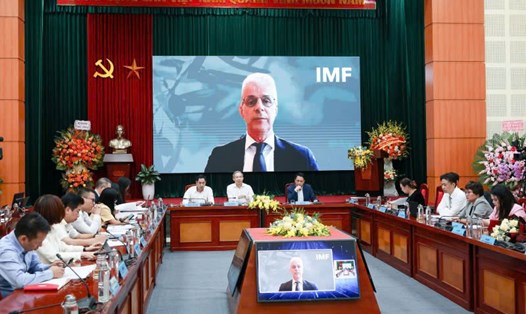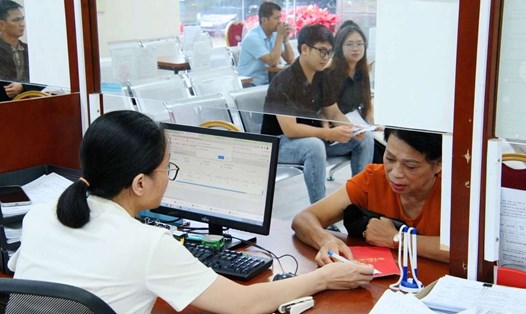Global tax compliance trend
Sharing directly at the Workshop "Promoting self-respect and full tax compliance - Building a strong era" co-chaired by Lao Dong Newspaper and the Tax Department - Ministry of Finance, and co-organized by the Vietnam Federation of Commerce and Industry (VCCI), Mr. Bui Ngoc Tuan, Deputy General Director, Tax & Legal Consulting Services, Deloitte Vietnam informed that through the research report on tax policies in 2025 conducted by Deloitte globally based on the results of interviews conducted with more than 1,100 leaders and experts in charge of taxes and finance of leading corporations and companies in 28 countries around the world, 82% of surveyed leaders said that the requirement to publicize information on strong tax increases in the coming time will be discussed.
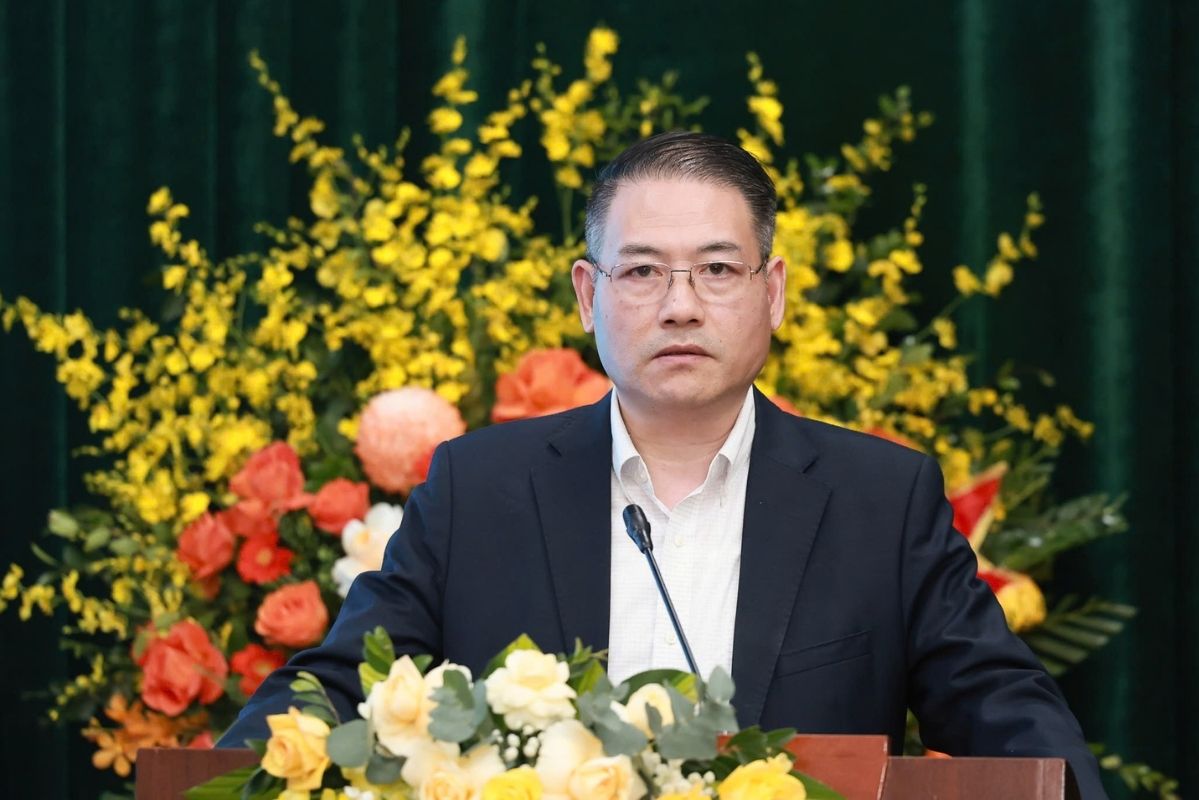
More than 86% believe that digital transformation and tax automation are their top priorities in the coming time.
More than 50% of leaders emphasized that building sustainable tax governance capacity is an important foundation in sustainable development, contributing to building and protecting corporate brands and values in the digital age.
Mr. Tuan commented on the global trend, tax compliance is shifting from "legal obligations" to "transparent commitments and corporate social responsibility", especially for reputable and increasingly open enterprises in the market.
Tax compliance model in the spirit of cooperation
From the perspective of tax management, Mr. Noguchi Daisuke - Chief Advisor of the JICA Tax Project affirmed: "Vietnam is ahead of Japan in managing e-commerce taxes. In particular, in the strong digital transformation process, tax calculation for e-commerce platforms, Vietnam implemented this policy earlier than Japan".
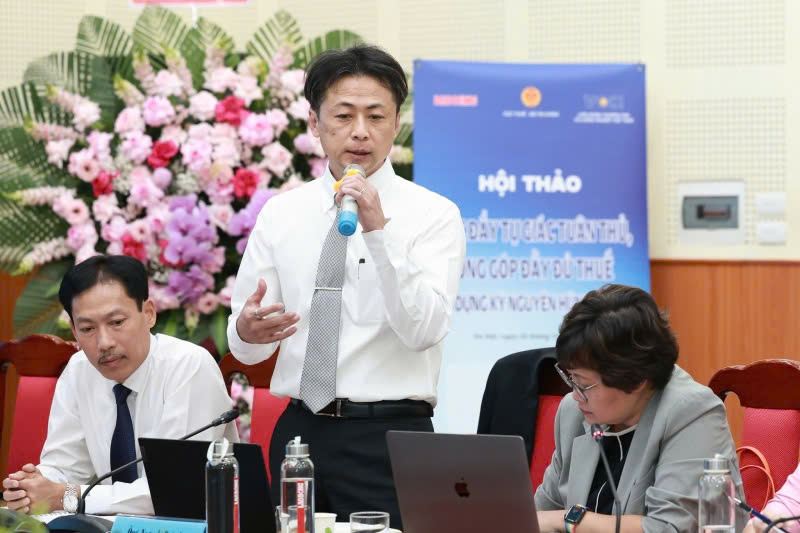
In an interview with the press, Mr. Noguchi Daisuke shared about the new tax compliance model applied in Japan.
"In my speech, I mentioned the model applied by some countries, which is a compliance model based on the spirit of cooperation. The cooperation model not only requires the voluntary participation of taxpayers but also the tax authority is a companion on the basis of ensuring the transparency of the system, coordinating with taxpayers (TIs) to fulfill their obligations well" - Advisor of the JICA Tax Project said.
In addition, in order to contribute experience to Vietnam, Mr. Noguchi Daisuke shared 3 methods that are currently being implemented in Japan.
First, it is necessary to increase access and share information sources. When promoting the voluntary compliance model, information sharing plays an important role, tax authorities need to be transparent in information and ensure forecasting capacity for taxpayers.
Mr. Noguchi Daisuke said that a taxpayer who does not declare may not have to pay because they do not do it, but they do not have enough information to access and comply with the declaration. Providing how to create opportunities for access to information, Mr. Daisuke illustrated Viettel Post's proposal to integrate the declaration system with the transportation system. Having additional instructions through advertising banners and means for NTT to receive information easily.
Regarding this activity, Mr. Noguchi Daisuke shared the method in Japan: "We are taxing online suppliers and services abroad. They are required to declare consumption tax and VAT. However, because they are foreign suppliers, they may not be aware of this tax obligation. In Tokyo, every year we have a program called Tokyo game show - a series of activities on exhibitions, seminars, fairs, and online game exhibitions.
When registering to participate in the program, we provide it right in the link to create opportunities for them to access. This is a huge event, with more than 800 foreign suppliers participating, this is the way for us to approach and provide information to them" - Mr. Daisuke shared specifically.
The second point is to promote compliance with cooperation, build a simple and easy-to-understand system for taxpayers. However, Mr. Daisuke suggested building an easy-to-understand and accessible tax system through tax agents.
Third, the subjects of the taxpayer's full payment should have mechanisms, policies, and rewards to encourage business households and enterprises. Especially for private enterprises, if they are tax-inspected, they will be discouraged, Japan will implement a compliance program for 500 large enterprises. The compliance program is evaluated through the business inspection process, including 7 contents to evaluate the business, according to 3 levels: Good, relatively good, need to improve.
In 2022, the program assessed 130 enterprises with good grades, a rate of about 22%, relatively good at 60%, the rest need to improve.
The Japanese tax authority also focuses on establishing relationships between tax authorities and taxpayers to promote a cooperative compliance model.

